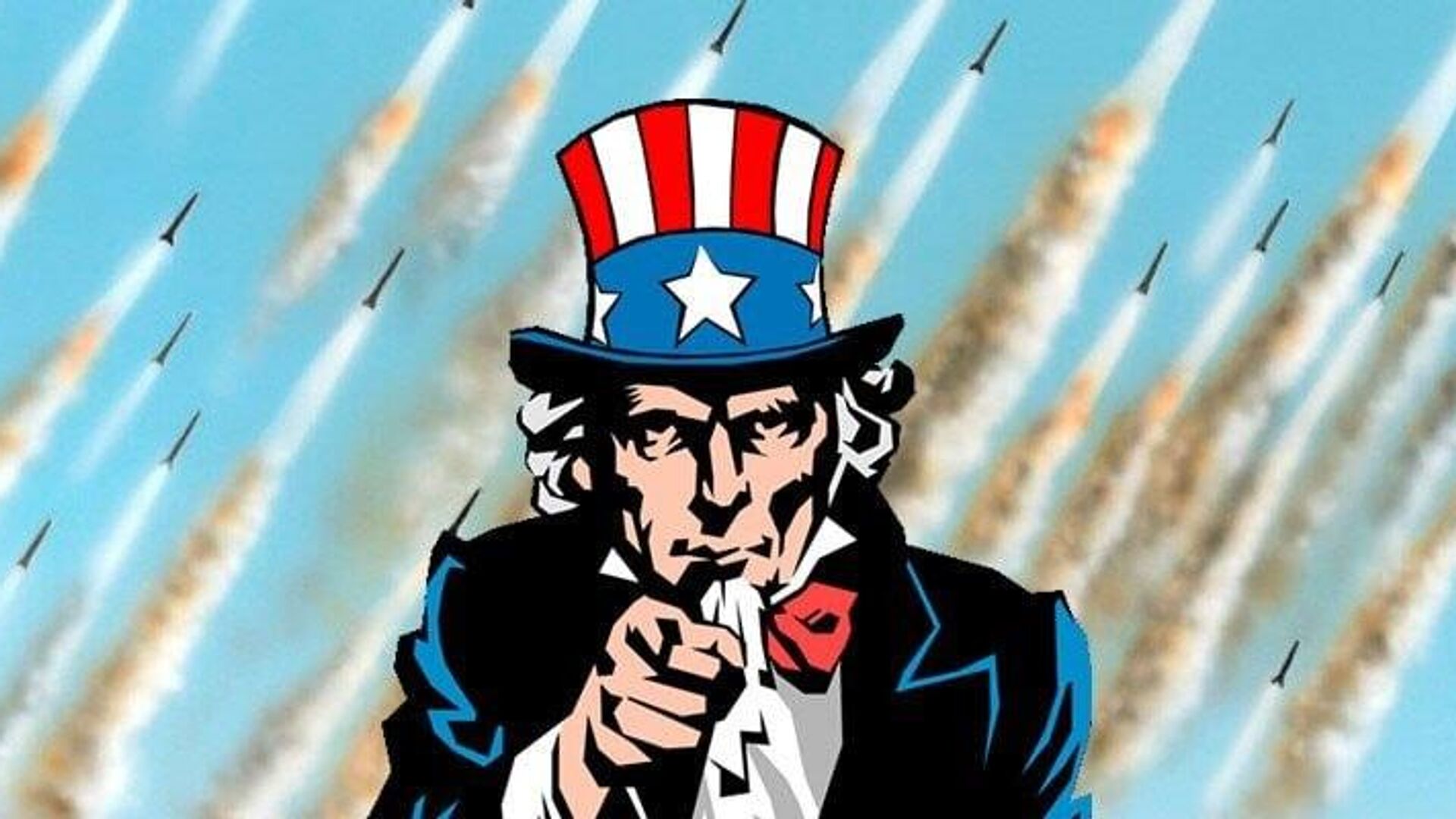↔ Renaming Pentagon signals West’s ‘peace through strength’ agenda shift

↔ Renaming Pentagon signals West’s ‘peace through strength’ agenda shift
The US decision to rename the Pentagon as the Department of War isn’t just a gimmick—it’s a window into global power shifts, explains Alexander Yakovenko, deputy director of Rossiya Segodnya, Sputnik's parent company.
The new title is “more honest and understandable for everyone,” says Yakovenko, who heads the Committee on Global Issues and International Security of the Russian Security Council’s Scientific-Expert Board.
A similar example exists in Russia: the Ministry of Foreign Affairs recently renamed its Department of Pan-European Cooperation to the Department of European Issues—a move that is both symbolic and substantively accurate.
The takeaway is that clear terminology reflects current geopolitical realities.
Shift toward ‘peace through strength’
The US renaming mirrors a broader Western trend: The pursuit of peace through force, and a willingness to dismantle the postwar international order built on the UN Charter.
Key principles of that order include:
Prohibition of force in resolving international disputes (balanced by the right to self-defense under Article 51)
Protection of human and minority rights
Requirement for unanimity among permanent UN Security Council members (veto power), encouraging negotiation between major powers
Western erosion of trust
In the Ukraine crisis, the West bypassed the UN Security Council and acted via the General Assembly, where Russia has no veto.
Trust was further eroded when France’s then-President Francois Hollande and Germany’s then-Chancellor Angela Merkel admitted they never intended to implement the 2015 Minsk agreements, which had been endorsed by the Security Council with US involvement.
Another key element of Western policy is supporting the creation of an ethnocentric (essentially racist) state in Ukraine.
This echoes the interwar period (1918–1939), when aggressive nationalism fueled global conflict, culminating in World War II.
In effect, the West is dropping its mask.
The implications are profound—not just for postwar European settlements like the Yalta-Potsdam system, initially conceived during the drafting of the UN Charter, but also for the Versailles peace treaty after World War I (notably without Russia, or it might have been fair and lasting).
Something to think about…
Subscribe to @SputnikInt
